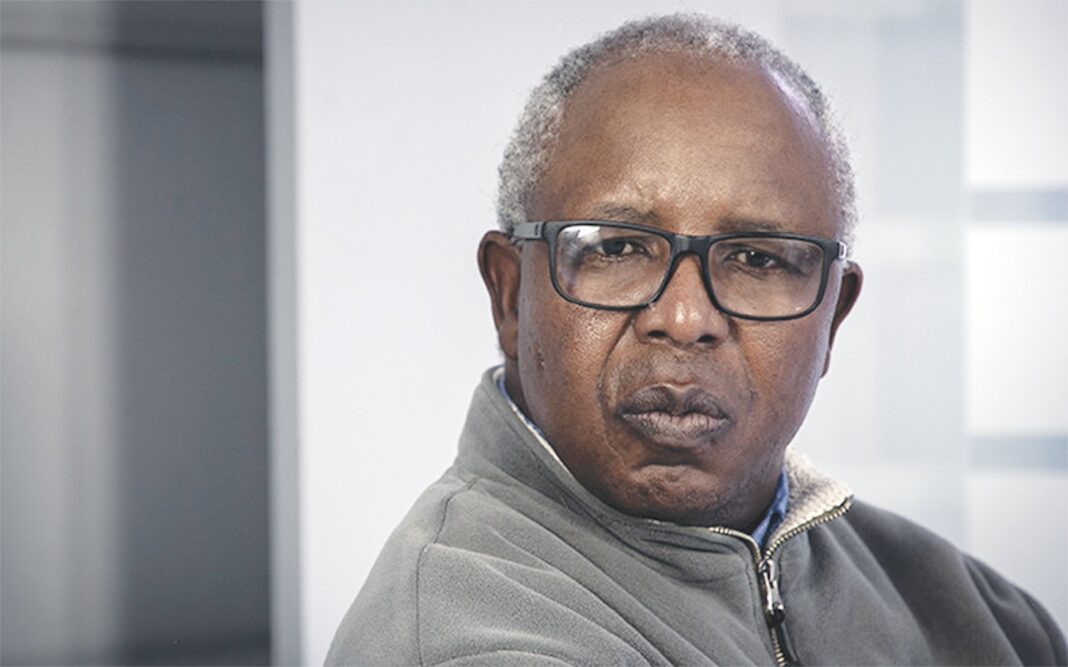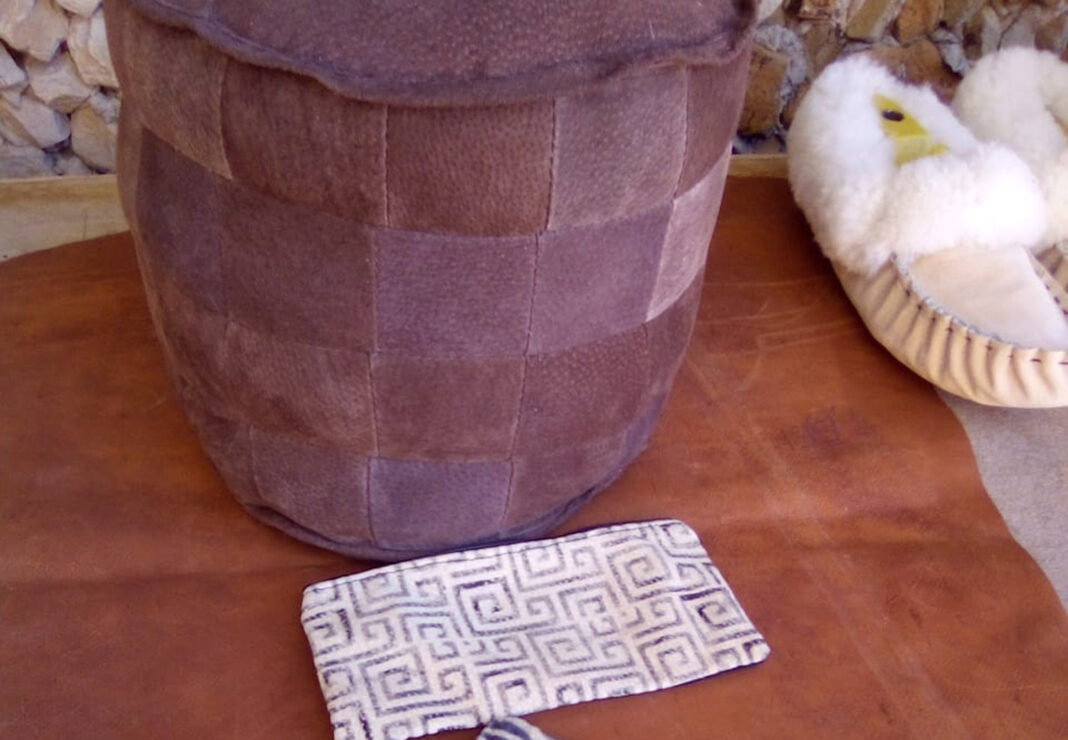By ‘Majirata Latela
It has been quite a long and bumpy journey for wool and mohair growers in the past few years but this year, things have been a little quiet from the farmers’ side. They fought tooth and nail for their freedom to sell wool and mohair wherever they wished.
The ministry of small business, cooperatives and marketing has recently announced that farmers owed by Stone Shi would be paid their dues dating as far back as 2018.
Last year the ministry went further to suspend Maseru Dawning Trading’s brokering licence following its failure to settle wool and mohair farmer’s payments for the years 2018/2019 and 2019/2020.
However, there have been speculations as to how much is really owed to the farmers as the ministry has only indicated that reconciliations conference which was held last month has concluded that there are only 2710 farmers who are owed a total of M10, 530 766. 10.
theReporter has this week had an interview with the spokesperson of the Lesotho National Wool and Mohair Growers Association, Khotsang Moshoeshoe, for the latest developments in the wool and mohair industry.
ML: There have been rumours suggesting that Stone Shi continues to buy Basotho farmers’ wool and mohair despite his license having been suspended. This was even confirmed by MP Kimetso Mathaba. Please tell us where and how he was conducting this kind of business.
KM: I am really not aware of this, but I will investigate and get back to you with a concrete answer.
ML: Were the farmers involved in selling him their product getting paid what was due to them? Was he buying on credit or cash?
KM: Like I said, I am really not aware of this. So I am not in a position to comment authoritatively.
ML: You have in the past expressed dissatisfaction at the mere suspension of Stone Shi’s license as you wanted the licence to be withdrawn altogether. Now that it appears his license has expired, who you would like to see awarded such a brokering license.
KM: I do not have anyone in mind at this point, but I am happy that Stone Shi is out of the picture, the reason being he sold to us at a raw deal.
ML: The ministry of small business has recently announced it will be paying outstanding money to farmers. How many farmers are we talking about, and how much money is involved?
KM: Since I do have the statistics with me as we speak, I will only talk of estimates but one thing people should find suspicious is that the current Prime Minister Dr Majoro, when he was the minister of finance back in 2019, said during his budget speech that he had set aside M10million to bail out Stone Shi. Subsequently in 2021 the minister of small business, cooperatives and marketing, Chief Thesele Maseribane also discovered that farmers are owed M10million. Is that not suspicious?
Do you believe those two statements? Majoro – without reconciliation and verification – talks about M10million and also Maseribane after reconciliation finds farmers who are owed the same amount? Do these ministers know only M10million when it comes to the money that is owed by Stone Shi? That is really mind-boggling.
Let’s set the record straight, farmers that are owed by Stone Shi are in excess of 3 000 and the money that is owed to farmers is over M100million. However, we do accept the M10million that they are willing to pledge to help bail out Stone Shi because those people have been owed for a very long time. We can’t say we will not accept the money because we know how much is owed to farmers.
ML: The money, too. We understand the figure you are giving us is only a third of the money disbursed by the ministry of finance for this purpose. Also, that two government ministers are working in cahoots with some members of your association to swindle the farmers and pocket the rest of the money. Any comment?
KM: I am not aware of that, I am short of words on this one but I promise to make an investigation and will give the correct answer afterwards.
ML: Now that the regulations preventing direct sale of wool and mohair outside the country and localising it instead, have been repealed, how has the exportation of the fibre been going? What are the challenges if any?
KM: Since the government decided to repeal the clauses which were preventing us from selling our fibre to preferred destinations, we have not really experienced any problems in exporting our fibre; I could say things have been running very smoothly.
However, we did experience challenges last year with the chief veterinary who refused to send his staff to certify that our fibre that was sold in SA was free from disease.
ML: There was a foot and mouth outbreak in SA not so long ago. Wool from Lesotho was certified free of the disease, yet it was affected in that it had to be kept in a bonded warehouse for prolonged periods thereby delaying its movement abroad. How were you as farmers affected? Was this communicated to the wool producers, namely farmers?
KM: There was no embargo on Lesotho by the international organisations, selling partners and buyers. It was a ploy by some ministers and the chief veterinary office to prohibit us from exporting the wool. It was not the first time South Africa was declared foot and mouth disease stricken, it happened 10 years ago but did not cause any problem. We were surprised at how those people wanted to handle the situation this time around.
This was the first time our veterinary disallowed us to export wool and mohair to SA when it has foot and mouth disease. the International Wool Textile Organisation knows very well that our wool first goes into SA, Port Elizabeth to be precise, before it goes anywhere in the world.
ML: How has the Covid-19 pandemic affected the production and sale of Basotho farmers’ wool and mohair?
KM: Covid-19 messed things a bit for us, especially during the shearing season because we were not able to move freely from one place to another to make sure that the exercise was done on time and properly.
Also, due to the delay in certifying the wool because of the politics that were coated on the foot and mouth disease in SA, there was a delay and that resulted in us getting far less money than what we have anticipated. It also took us four months after the sale of the fibre to get to PE and there was Covid-19 and lockdown extension which let to our fibre going back to the market to be auctioned again.









